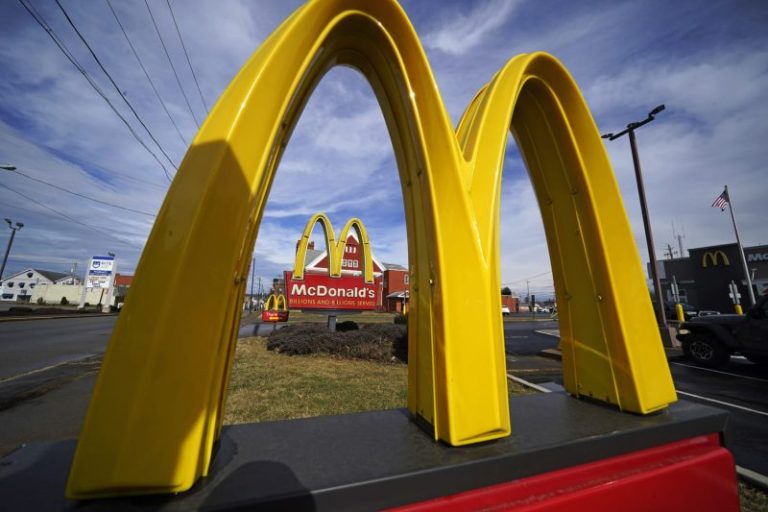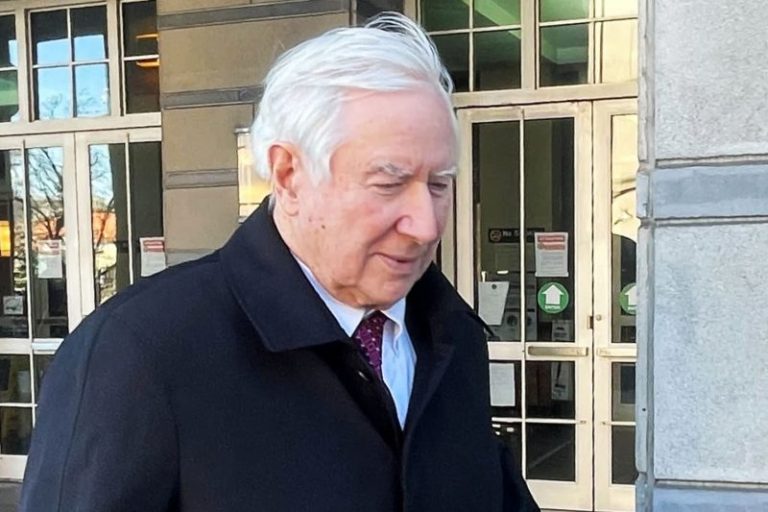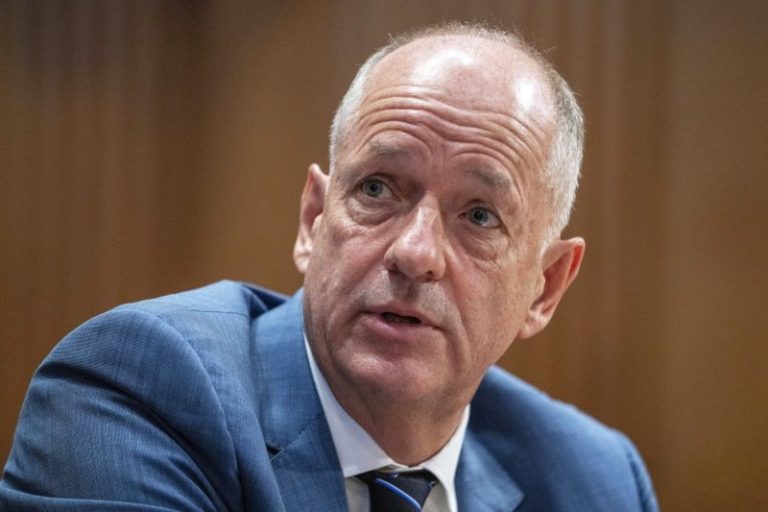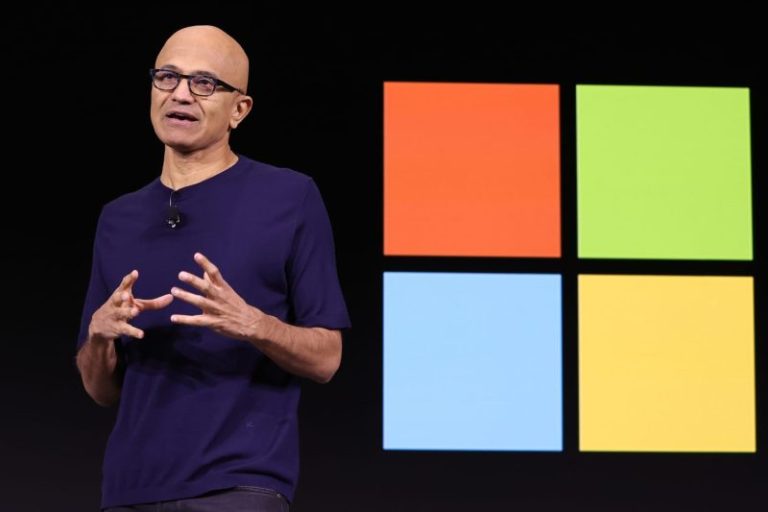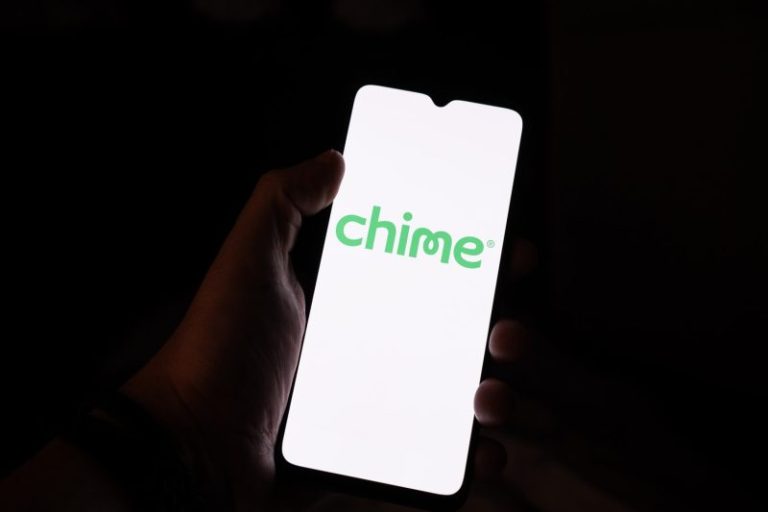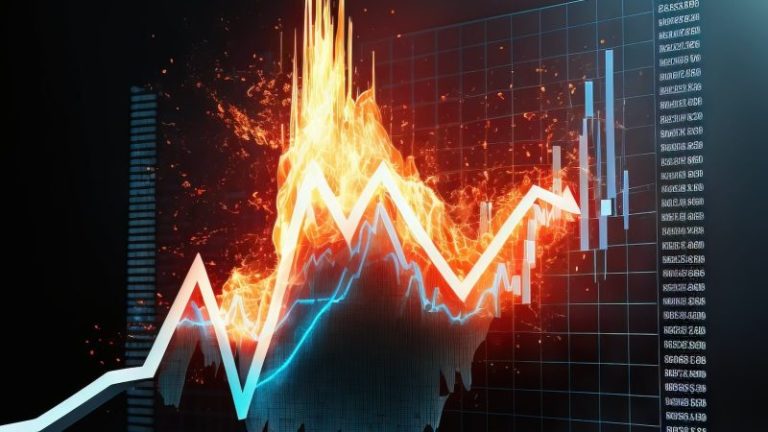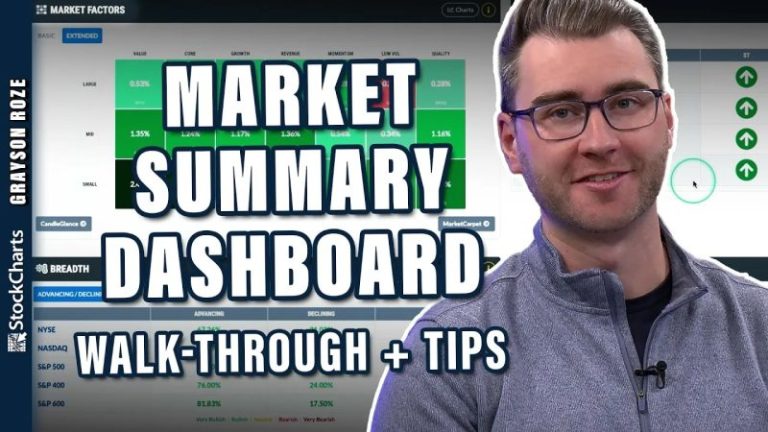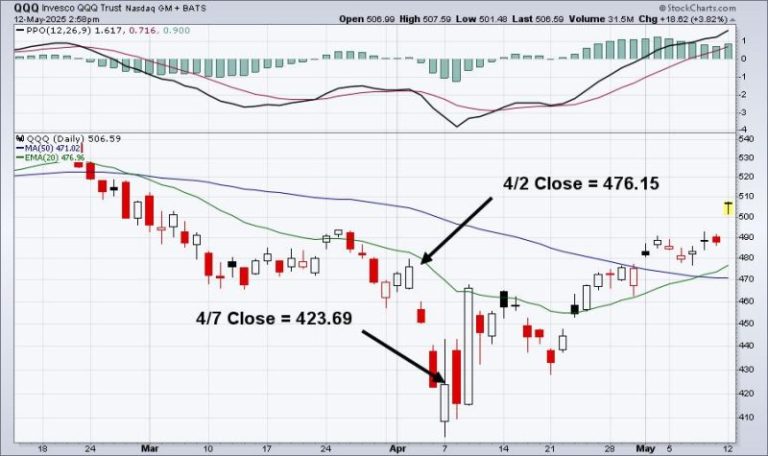The deepening U.S. relationship with Qatar is drawing fresh scrutiny this week as President Donald Trump began a Middle East tour amid reports that he may accept a free jet from the Qatari royal family to replace his current plane as Air Force One.
The prospect has drawn bipartisan pushback, which Trump has met with indifference.
‘Qatar is not, in my opinion, a great ally. I mean, they support Hamas. So what I’m worried about is the safety of the president,’ Sen. Rick Scott, R-Fla., told reporters on Tuesday.
Sen. Rand Paul, R-Ky., told Fox News, ‘I think it’s not worth the appearance of impropriety.’
‘[The Qataris] said to me, ‘we would like to, in effect, we would like to make a gift. You’ve done so many things. and we’d like to make you a gift to the Defense Department,’ which is where it’s going. and I said, ‘Well, that’s nice.’ Now, some people say, ‘Oh, you shouldn’t accept gifts for the country.’ My attitude is, why wouldn’t I accept the gift? We’re giving to everybody else, why wouldn’t I accept a gift?’ Trump explained to Fox News’ Sean Hannity on Tuesdsay.
U.S. relations with Doha have come a long way since 2017, when Trump accused Qatar of harboring terrorism: ‘The nation of Qatar, unfortunately, has historically been a funder of terrorism at a very high level,’ Trump said at the time.
From there, Qatar became a major non-NATO ally to the U.S. in 2022 under President Biden and is home to Al Udeid Air Base, one of the U.S.’ largest Middle East bases and a key hub for U.S. Central Command operations.
Qatar has been at the forefront of peace and hostage negotiations, especially in the war between Israel and Hamas. An Israeli delegation traveled to Doha on Tuesday to hash out a potential agreement on a hostage exchange and ceasefire in the Gaza Strip.
‘Qatar is an indispensable security and energy partner to the United States. It’s a strategic partnership that has grown stronger and more expansive over time,’ Ali Al-Ansari, media attaché at the Qatari embassy, told Fox News Digital. ‘His highness the Amir and President Trump have a longstanding relationship over many years, and both leaders have the shared goals of peace, security and stability.’
‘Qatar is working closely with the president and his team to advance these shared goals, whether in Gaza, Ukraine, Congo or other areas of instability.’
In March, weeks of negotiations led by U.S. and Qatari mediators led to the release of American George Glezmann, who had been imprisoned by the Taliban in Afghanistan for more than two years. Doha’s negotiators were also involved in the U.S.-Hamas deal to release the last living American hostage, Edan Alexander, on Monday.
‘They’re very smart at making themselves useful,’ said Michael Makovsky, CEO of the Jewish Institute for National Security of America.
The Trump Organization has cinched a new deal to build a luxury golf resort in Qatar, partnering with Qatari Diar, a real estate company backed by that country’s sovereign wealth fund.
‘Their financial connections to people in Trump’s orbit, their making themselves useful as our mediators, communicating that strategically, the Qataris have been very effective at making themselves important,’ Makovsky added.
And despite its relatively small population – less than 3 million – Qatar controls over 10% of the world’s natural gas reserves.
‘They have an enormous amount of influence as a result of the money they spend,’ said Jonathan Schanzer, executive director at the Foundation for Defense of Democracies.
Energy Secretary Chris Wright praised Qatar as a ‘valued energy partner’ – the second-largest producer of liquid natural gas in the world. ‘I look forward to building on this new era of U.S.-Qatari relations together,’ he said. Middle East envoy Steve Witkoff has praised Qatar as a valued partner in negotiations.
Sen. Roger Marshall, R-Kans., joined Trump officials in defending Qatar during a Senate hearing on campus antisemitism recently.
As a witness described links between the Qataris donating billions to universities and antisemitic protests, Marshall shot back: ‘Qatar has been a great ally to America. So I don’t know why you’re attacking them.’
But others are skeptical.
‘The Qataris have been sponsoring a wide range of terror groups for decades,’ said Schanzer. ‘It’s been a bipartisan decision to turn a blind eye to the problem.’
Israel supporters have long accused Qatar of funding Hamas. Prior to the outbreak of war after Oct. 7, 2023, Doha for years sent millions of dollars per month to the Gaza Strip to prop up Hamas’ governing structure there.
They’ve also spent billions in the U.S., including an aggressive lobbying operation in Washington.
‘We have seen them invest billions of dollars into higher education. We know that they’re investing in K-12 education in this country,’ said Schanzer. ‘They’re buying up parcels of valuable real estate. They are … spending massive amounts of money in states like Texas and South Carolina, where you have the defense industry and the energy industry.’
‘Over the last two decades or so they have spent a lot of money, expended a lot of effort, and it’s now paying dividends.’
Schanzer said he was pleased the discussion over the Boeing plane had spurred a national conversation over Qatar’s influence in the U.S.
‘This is a longstanding problem that has gone unaddressed by Barack Obama, by Joe Biden, by George W. Bush and by Trump.’



